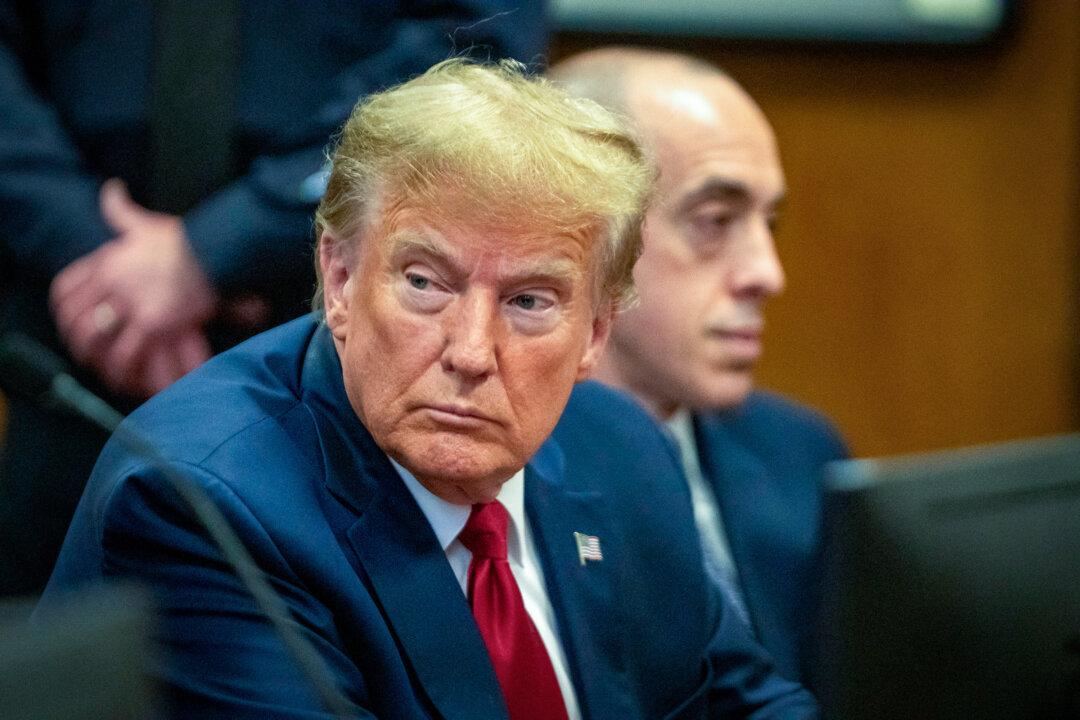Attorneys for former President Donald Trump have asked a New York Supreme Court judge to unseal court documents and correspondence related to the upcoming criminal trial—the first-ever criminal trial against a former or sitting president in American history.
Thus far, the public docket has remained empty since Manhattan District Attorney Alvin Bragg indicted President Trump last April. Files are made public days after their filing to allow parties to submit redactions.





